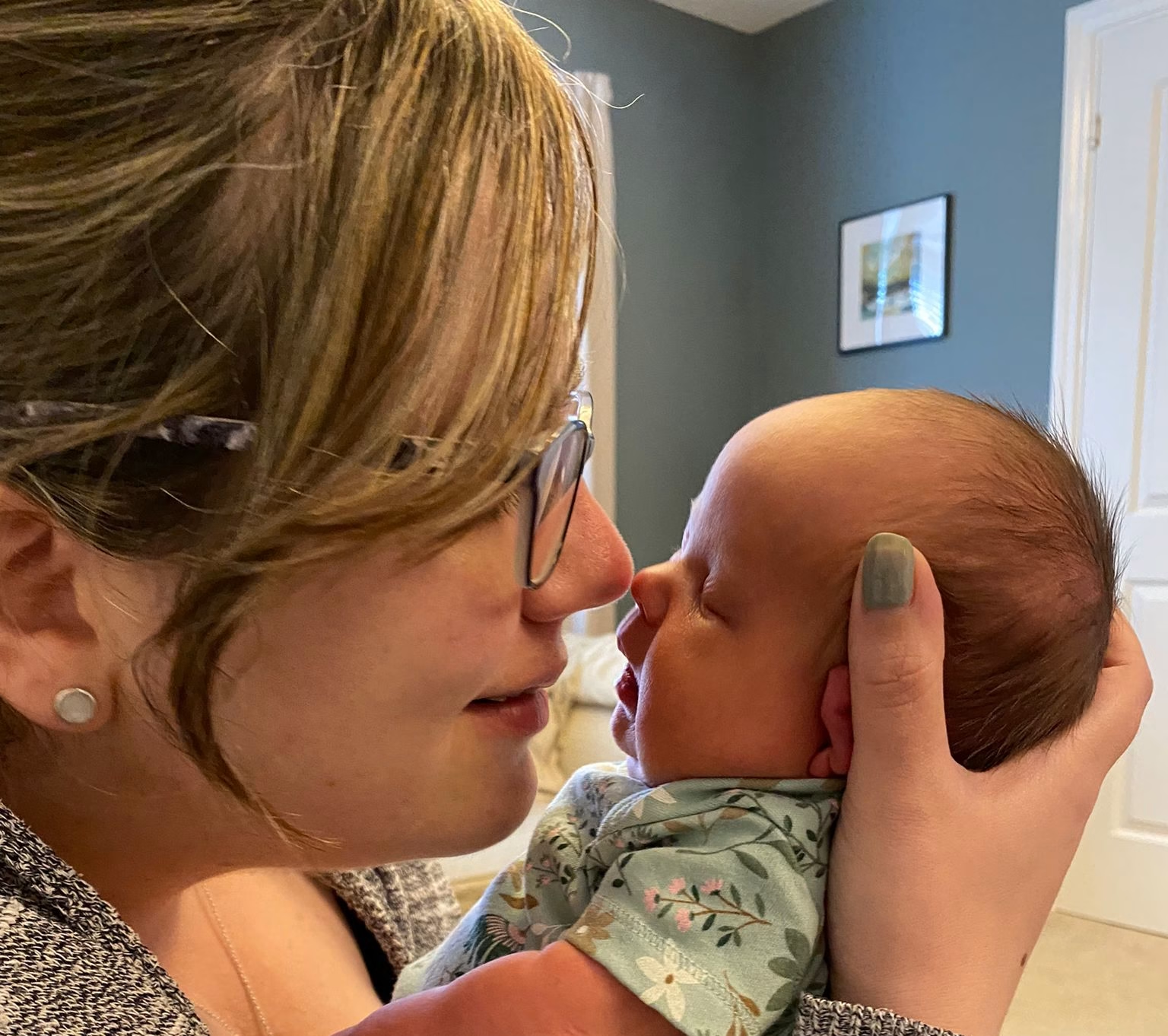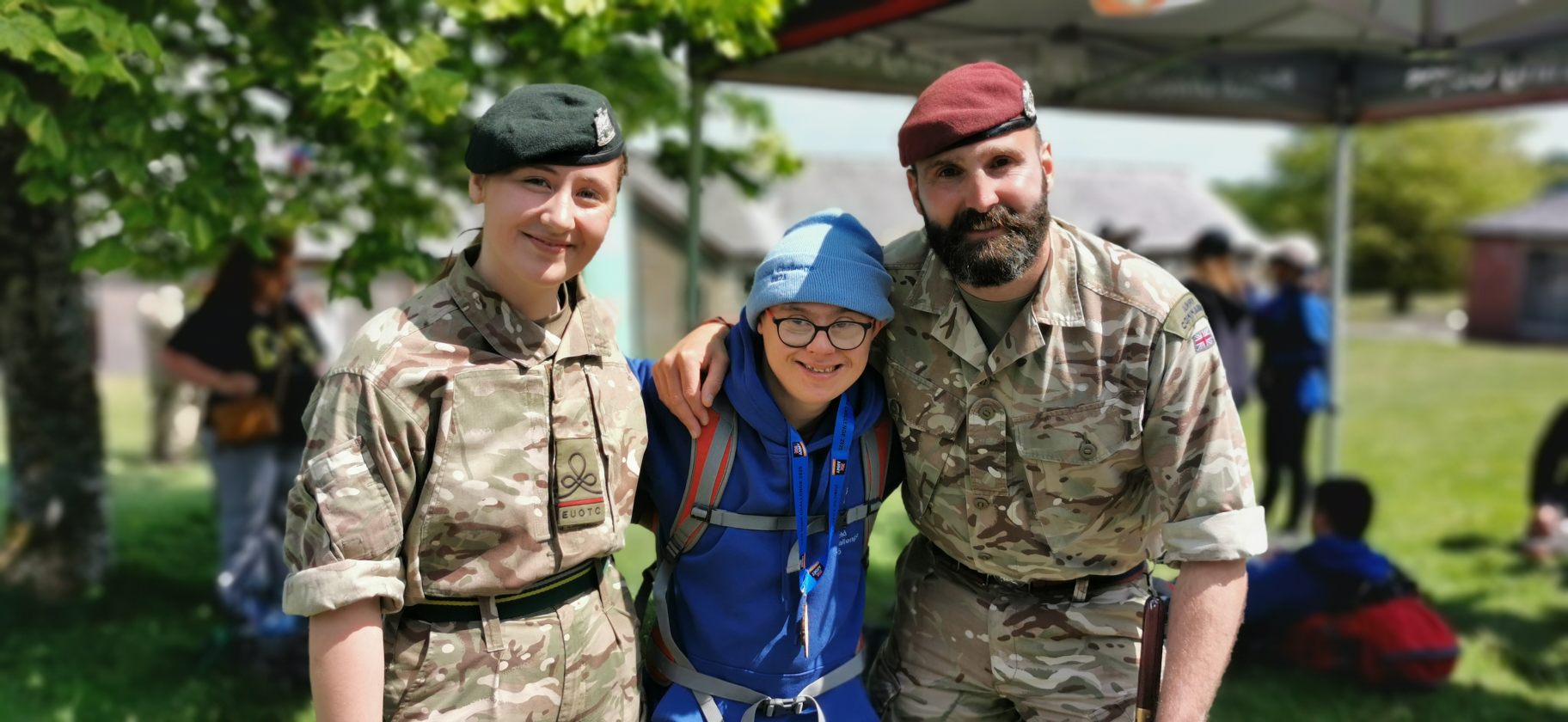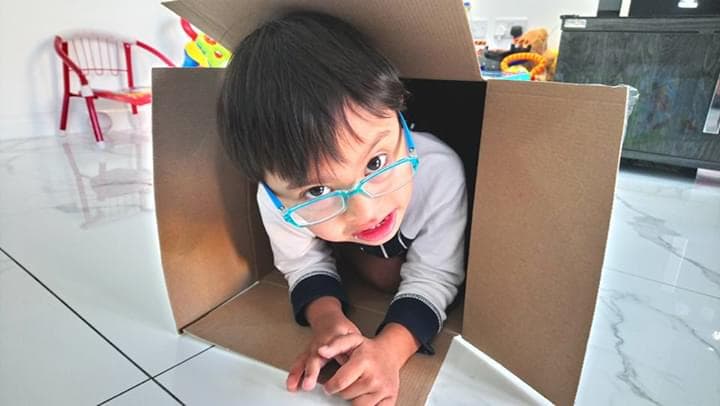- by Dr Rebecca Baxter
Starting nursery is an exciting but often daunting step, and all children benefit from preparation and support to help them settle in. Here are our top tips for professionals to ease the transition:
1. Start preparation early
Children with Down syndrome might need several short settling-in sessions before their official start so they can explore the space and get to know the staff who will be supporting them. A short social story/picture book about going to nursery will help to visually show the child what to expect e.g., who will be there, what they will do. Talking about nursery positively at home can build understanding and familiarity.
Parents also would benefit from being sent pictures of the school, teachers, pegs and important places in advance so that they can rehearse routines and help children
2. Establish communication between home and nursery
Effective communication is crucial for ensuring consistency. Parents can share information about the child’s preferences and strengths which will be helpful for staff. Staff can share information about the day and any important events through online platforms such as tapestry. Review these photos with your child, naming the people and things they can see. Alternatively, a joint notebook could be used to share useful information.
3. Be mindful with communication
Use simple instructions and offer choices. Utilise communication tools such as photos of activities and friends, visual timetables, sentence strips or Makaton to ensure consistency and familiarity.
View our Makaton courses if you need some guidance (link).
4. Support the routine
Children with Down syndrome often thrive on routine and structure. A consistent and predictable routine can ease the transition from home to nursery, as well as transitions throughout the day, such as play time to snack time. Using tools such as visual timetables, a choosing board or having a job to do at these times (e.g., putting the pens in the pot at tidy up time or giving out the fruit for snack.
5. Facilitate social interaction
Encourage inclusive play with peers so the child feels included and confident to get involved. Staff may need to guide interactions at first, demonstrating and scaffolding new play situations. Then step back to see how long play continues and identify any communication or play skills that need to be targeted for all children.
6. Celebrate achievements
Make sure you praise efforts and not just the outcomes. And don’t forget to celebrate the small wins too! This will all help to build the child’s confidence, independence and awareness off what to do.
7. Ensure staff have access to training and support
Ensure practitioners have an up-to-date knowledge of Down syndrome and the nursery implements inclusive practices. Our Early Years Development Programme provides practitioners with access to expert-led training, advice and on-going support.
8. Staggered start
Some children with Down syndrome may start nursery as much as full time from the beginning, others may benefit from a gradual start. Beginning with shorter sessions and gradually increasing the time as the child feels more comfortable can help ease the transition, but it can also cause confusion – am I staying for lunch or not? Make sure routines and any changes are clear and supported visually and try not to pre-empt problems that may not occur.
9. Monitor and adjust
Staff and parents should meet regularly to discuss the child’s progress, to assess what’s working and what’s not, and adjust the support as required.
10. And mostly importantly… be patient!
Some children with Down syndrome may take longer to settle, so try not to feel disheartened if it takes longer than you anticipated. Many children will walk in on day one and never look back! Parents may also find this transition challenging, so it’s important to have open channels of communication right from the beginning.
Need specialised support?
Our Early Years Development Programme has been specially designed for early years practitioners working with children with Down syndrome. Get access to expert-led training, resources and ongoing support.
Share this post
Author
 Director of Education and Speech and Language Therapy
Director of Education and Speech and Language TherapyDr. Rebecca Baxter as our Director of Education and Speech and Language Therapy. Becky is a speech and language therapist who specialises in Down syndrome and has worked with babies through to young adults with Down syndrome. Becky is also involved in a number of research projects across speech, language and education issues associated with Down syndrome. Becky completed her PhD in 2023 at University College London, which involved developing and evaluating a language intervention for children with Down syndrome. Becky is passionate about supporting speech and language therapists and is currently chair of the Down Syndrome Clinical Excellence Network. She has delivered training to speech and language therapists across the UK and internationally.
View all posts








